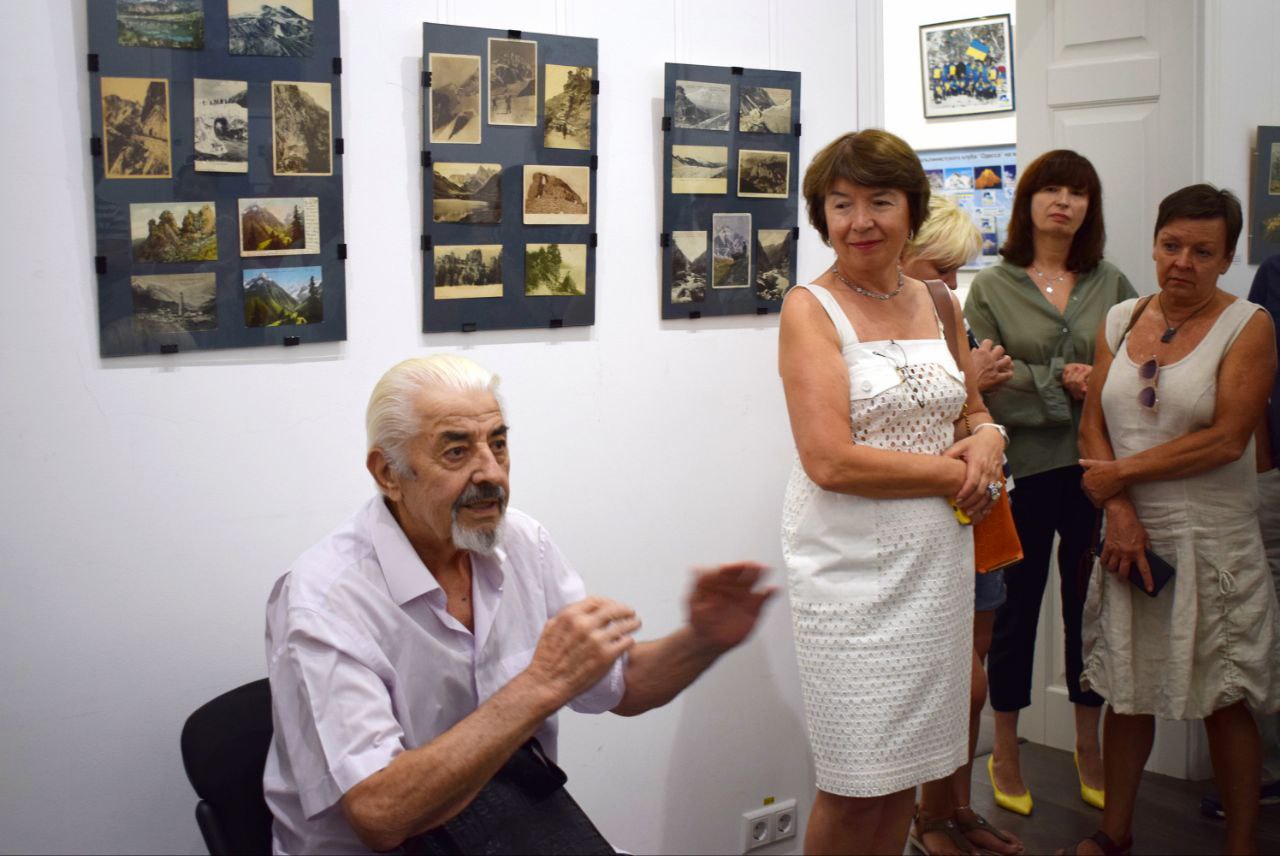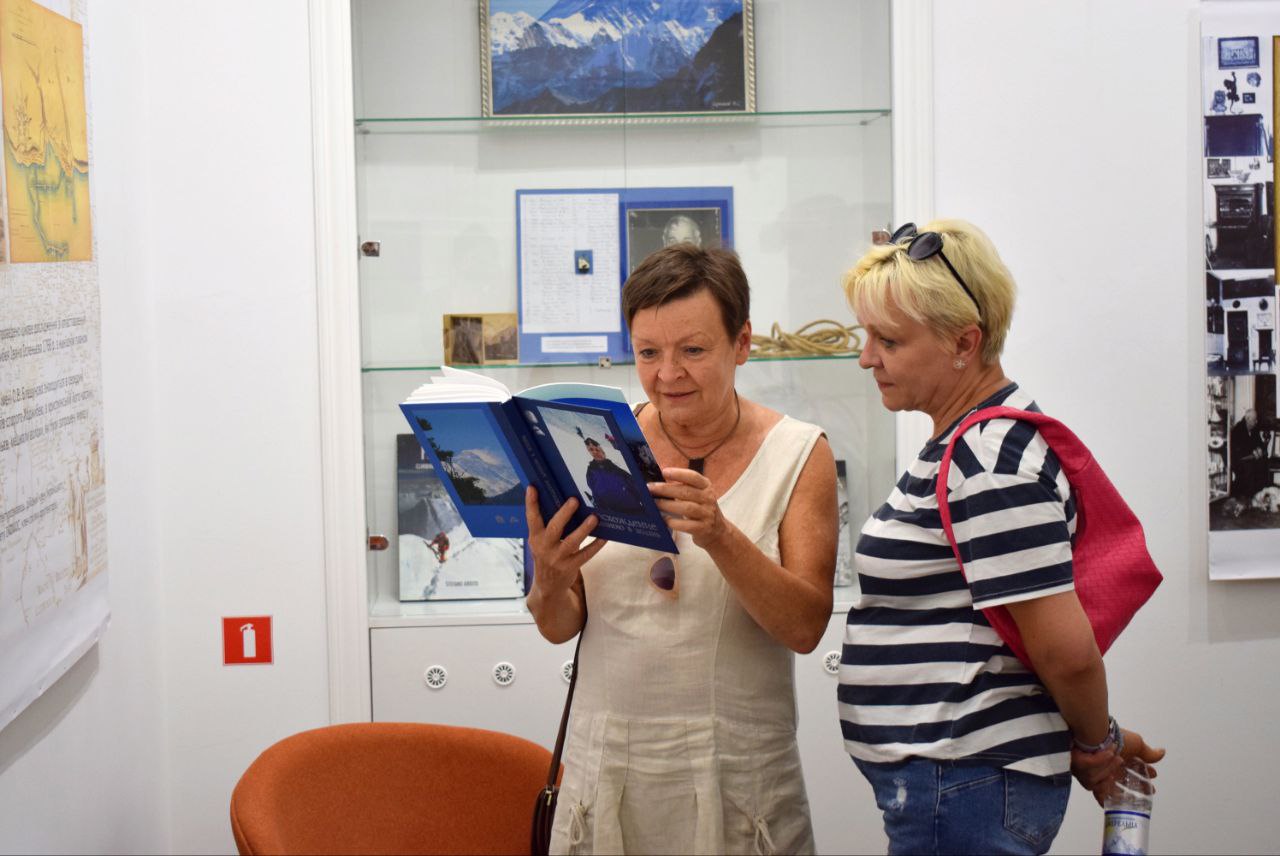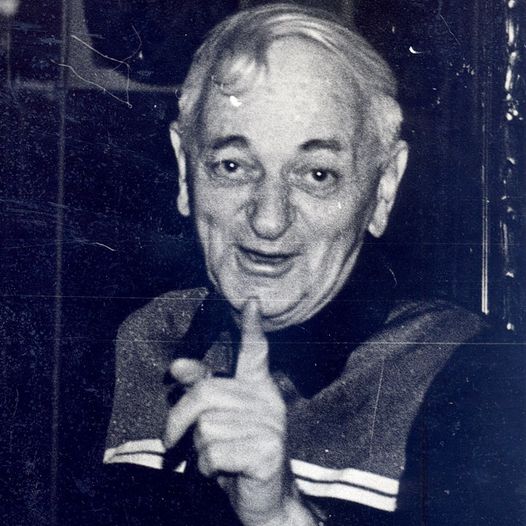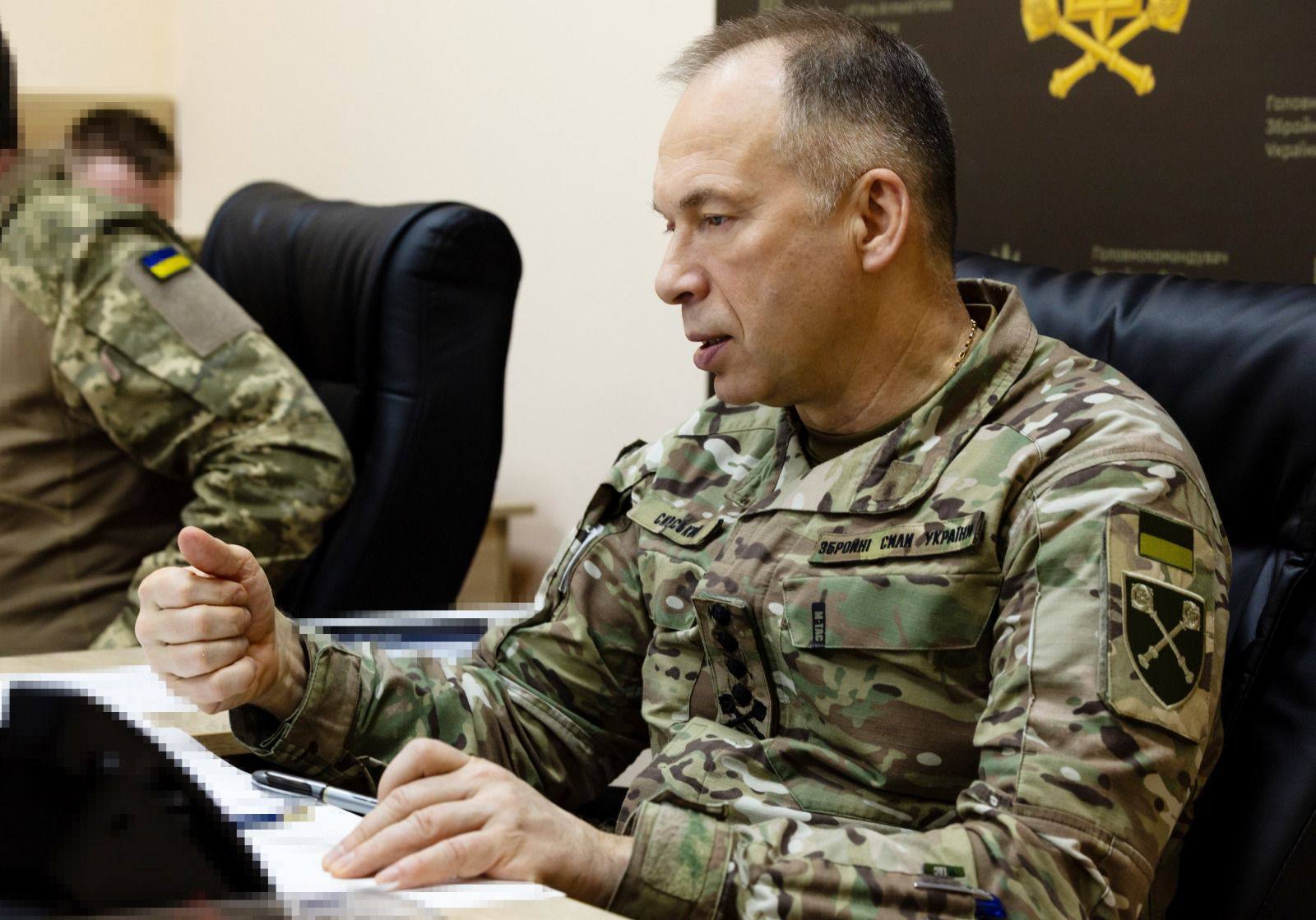An exhibition titled “Fate Etched by an Ice Axe” has opened at the museum bearing the same name, honoring the 110th anniversary of Alexander Bleshchunov (August 25, 1914 – May 21, 1991). Bleshchunov was a notable mountaineer, collector, and ethnographer, and the founder of Ukraine's first museum of personal collections. The exhibition highlights his life and achievements, featuring archival photos of Bleshchunov and rare documents, along with a collection of 100-year-old photos of the Caucasus and Alps from the Drozdovsky collection. The exhibition runs until September 10.
Bleshchunov made significant contributions to the cultural and sporting life of his city and Ukraine. Throughout his life, he influenced the self-awareness and sense of responsibility of the younger generation and was a focal point for older generations.

In addition to mountaineering, Bleshchunov dedicated much of his life to collecting art. He believed that collectors of historical relics and works of art play a crucial social role as custodians of cultural heritage. Therefore, at the end of his life, he donated his collection to his hometown. On January 28, 1989, the Museum of Personal Collections was opened in Odessa, which was later renamed the Odessa Municipal Museum of Personal Collections named after O.V. Bleshchunov in 1992. The unique collection, which includes over 10,000 items of international significance, is part of the State Museum Fund of Ukraine. For many years, Bleshchunov’s home was a cultural hub, a place for scholars, creative intellectuals, and prominent athletes to gather. It remains an important cultural center in Odessa, continuously creating new artistic programs and social projects, and hosting seminars and educational workshops.

Alexander V. Bleshchunov was born on August 25, 1914, in Odessa. In 1919, he moved with his mother and nanny to 19 Polish Street, where his life became closely connected with that house. Bleshchunov graduated from the Odessa Seven-Year Labor School No. 39, then in 1932 from the chemical department of the Odesa Technicum of Canning Industry, and in 1939 from the Odessa Institute of Engineers of Water Transport.
In 1936, deeply in love with the mountains, Bleshchunov organized a mountaineering sports section and invited all mountain travel enthusiasts to its first meeting. Thus, the first mountaineering section in Ukraine appeared in the maritime city, which Bleshchunov led for over 30 years. He organized and led mountaineering camps and scientific-sporting expeditions to Crimea, the Carpathians, the Caucasus, and Pamir.
In 1940, Bleshchunov organized an expedition to the Pamir, where he first crossed a pass later named after him. There is also a peak in the Pamir named after him.

During World War II, Bleshchunov was awarded several medals and orders, including the Order of the Patriotic War 1st class, three Orders of the Patriotic War 2nd class, the Order of the Red Star, and many medals, including the Medal for Courage. After the war, his mountaineering experience and organizational skills were used in the construction of research facilities in the Armenian mountains.
He later returned to his hometown and led a problem laboratory at the Odessa Institute of Refrigeration Industry until his retirement in 1974. For many years, Bleshchunov promoted mass mountaineering, training thousands of young athletes. Under his guidance, mountaineering sections were created in every higher educational institution in Odessa. Hundreds of his students, sent to various cities after graduation, established mountaineering sections there, adhering to the principles of friendship and courage instilled by Bleshchunov.





















